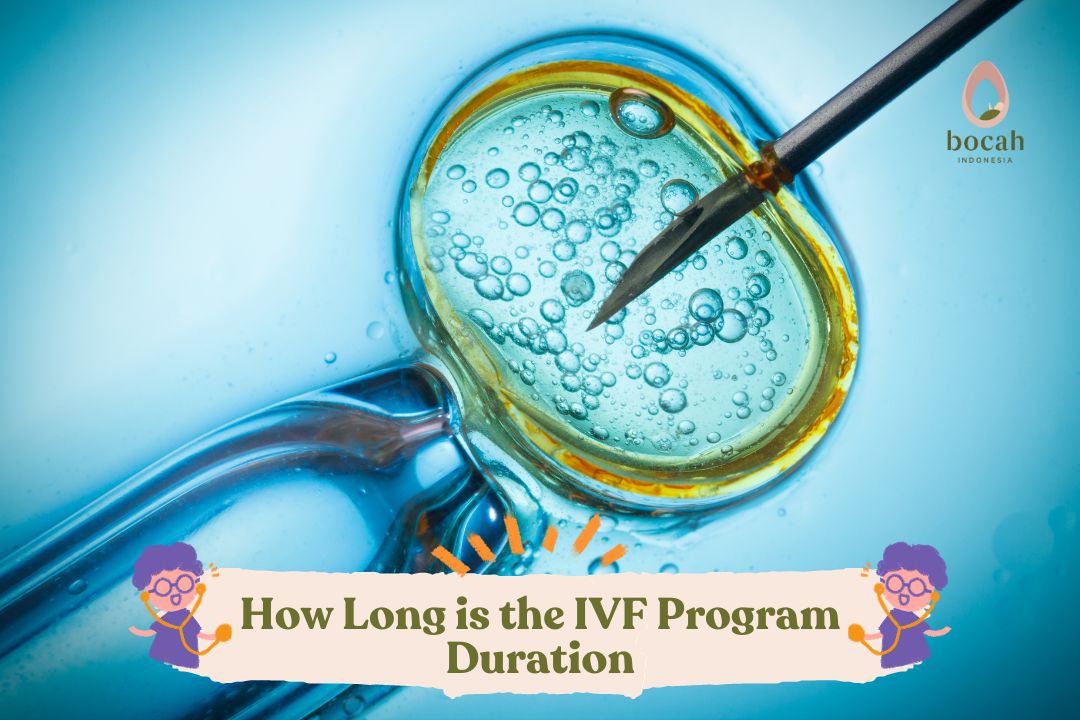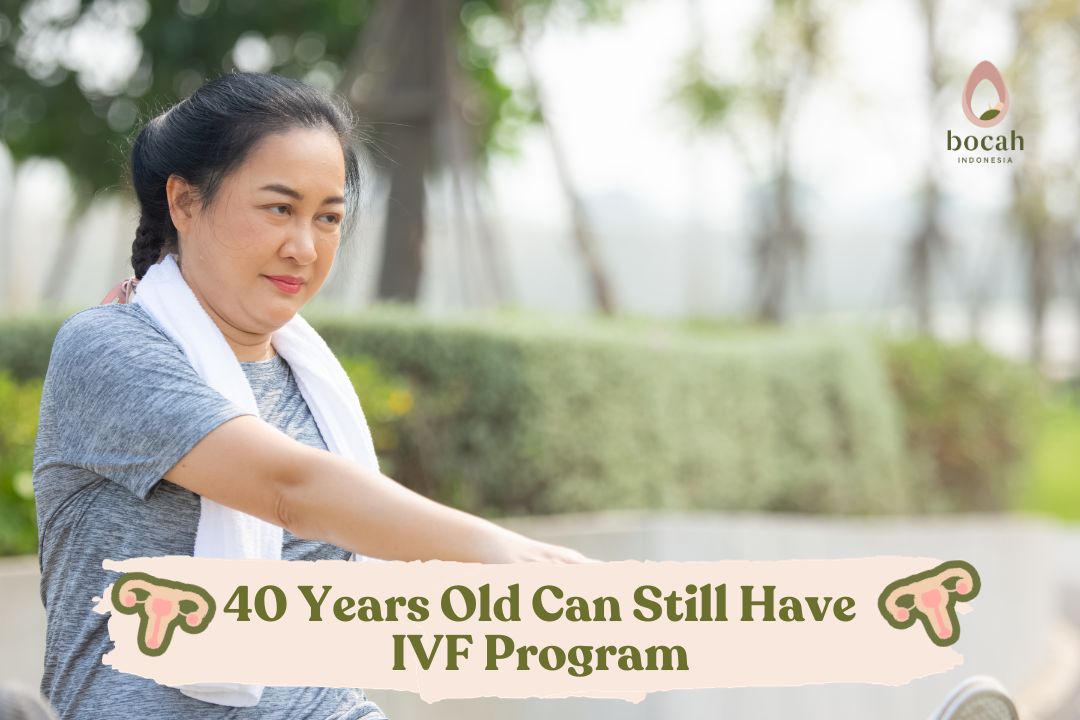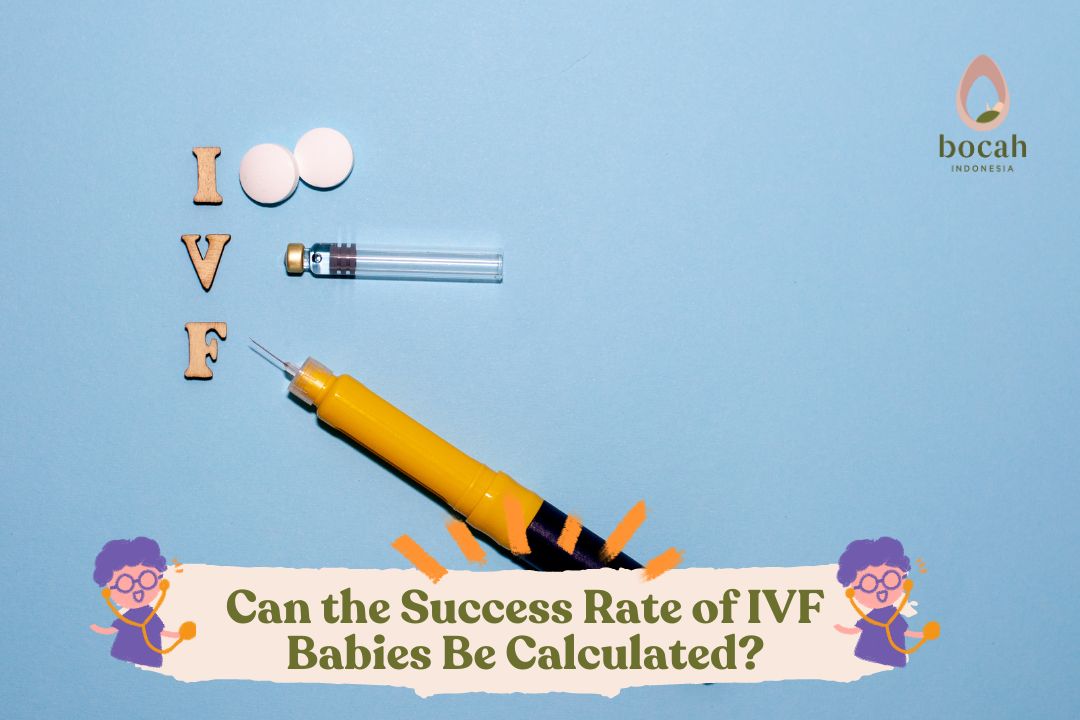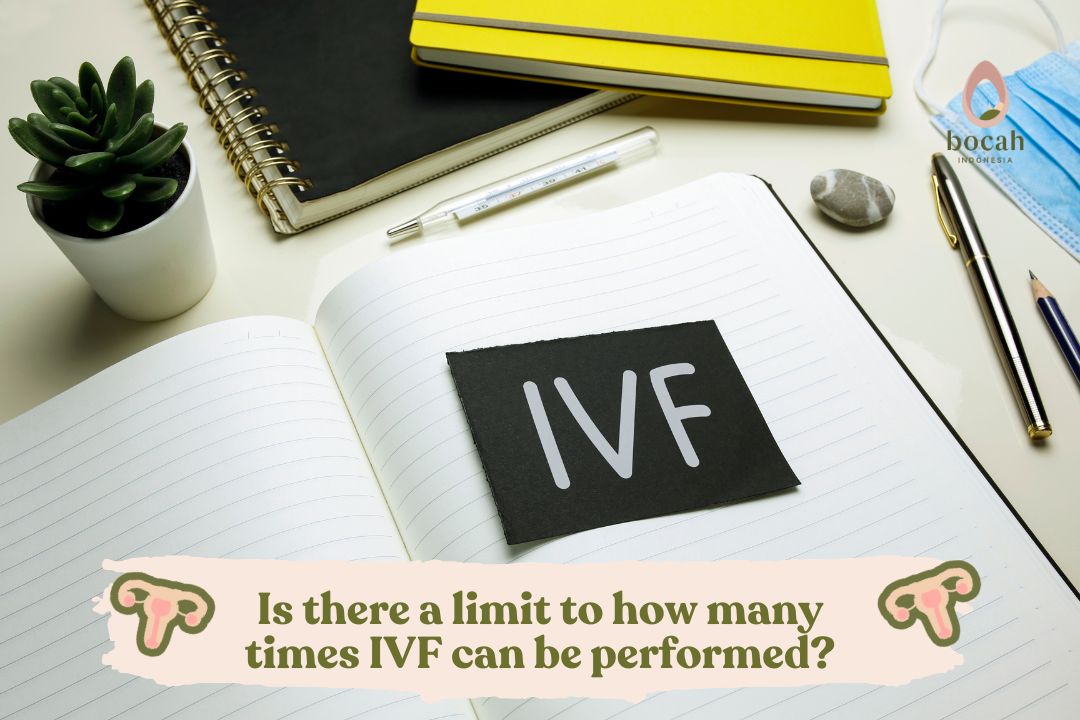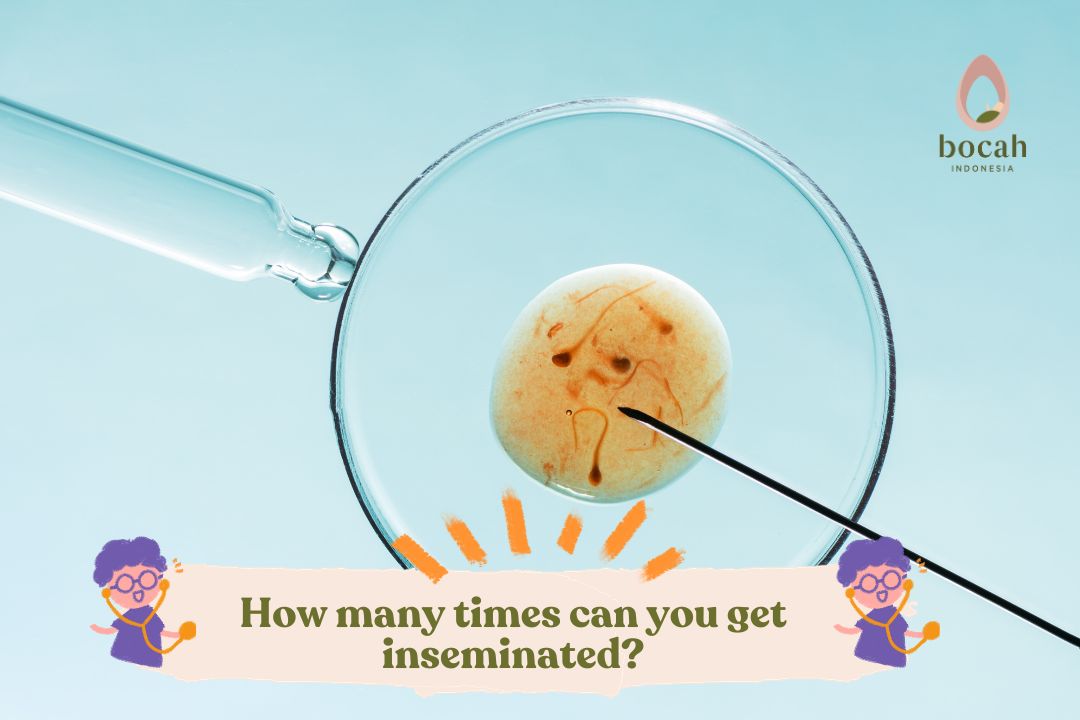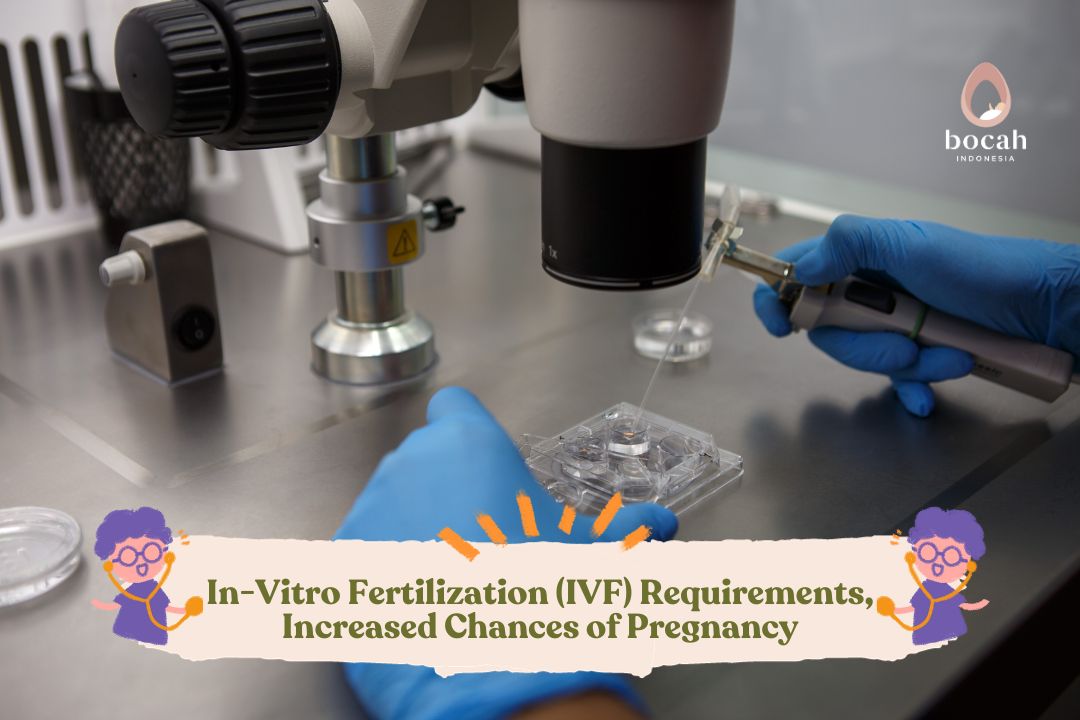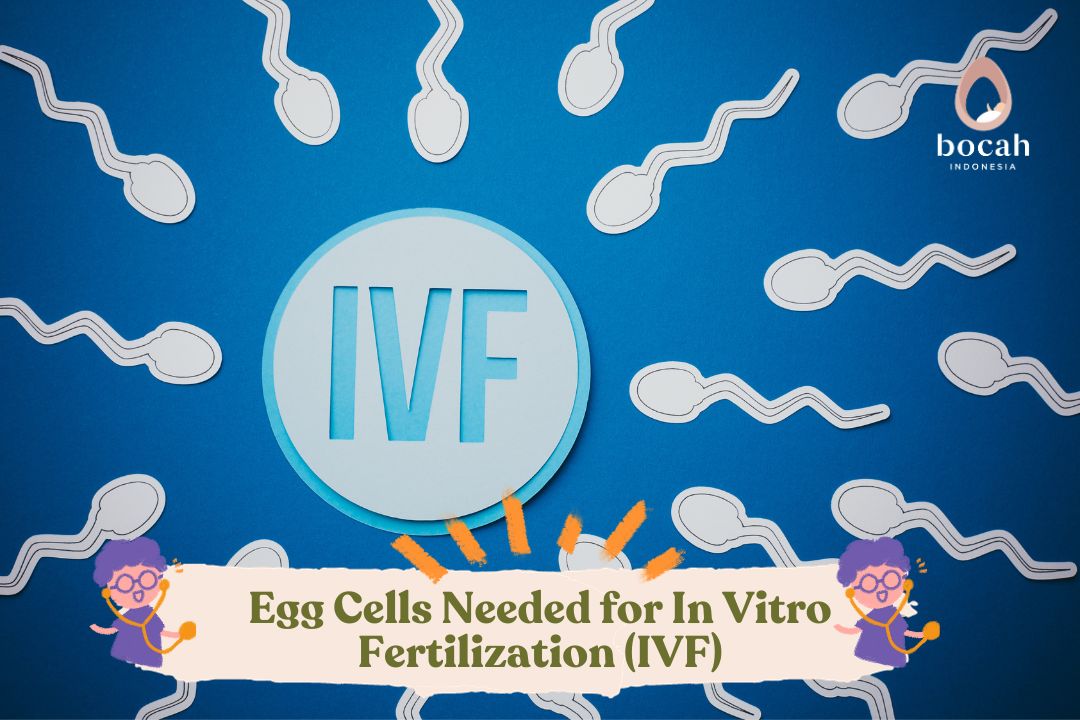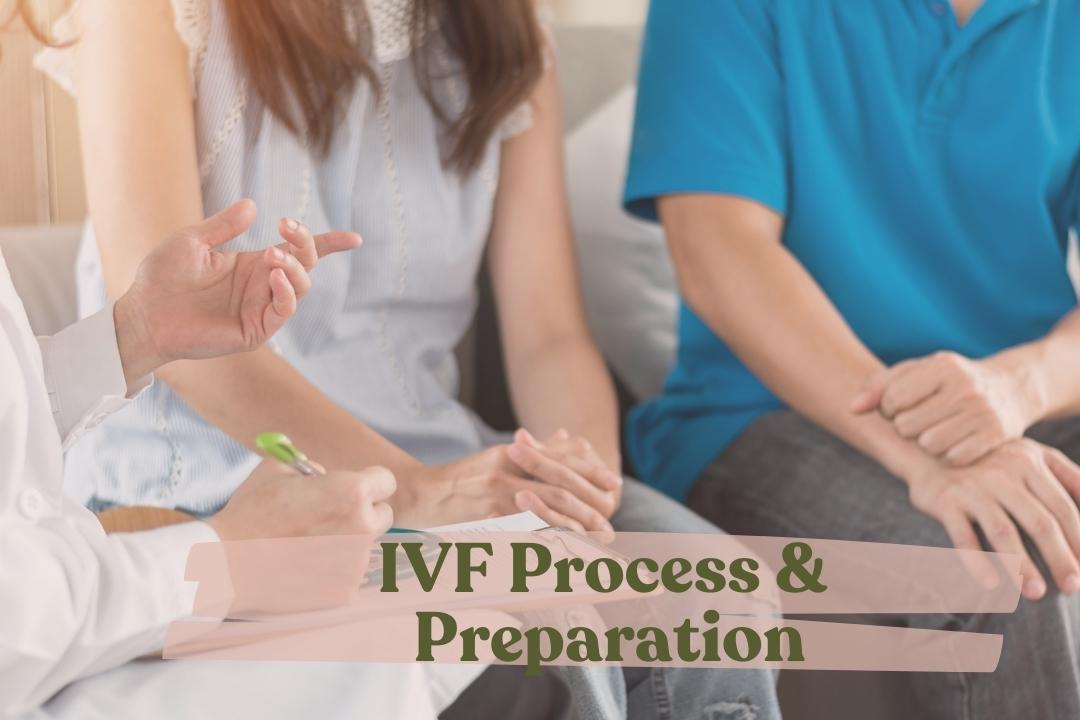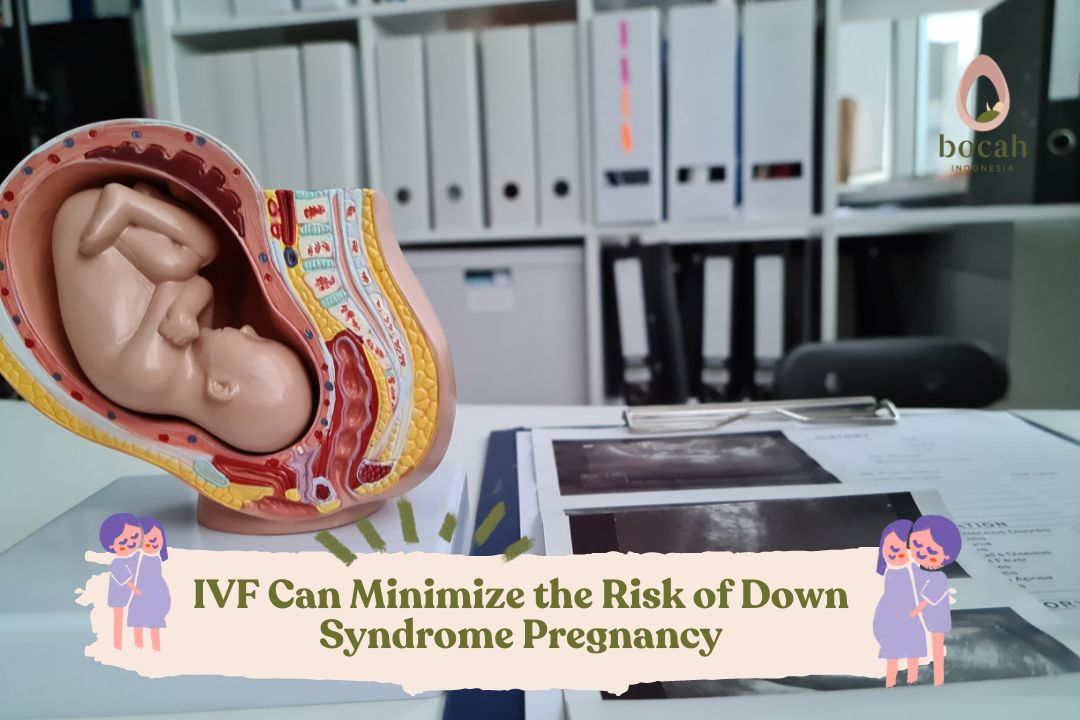
IVF is often regarded as a fertility program that can help minimize the risk of having a child with Down syndrome. Here’s an explanation:
The arrival of a child is one of the most anticipated moments for married couples. However, for those facing fertility issues or infertility, conceiving a child can be challenging.
In certain cases, in vitro fertilization (IVF) becomes an option to have children when natural pregnancy methods or artificial insemination have failed.
Some believe that babies conceived through IVF may be at risk for conditions like Down syndrome. On the contrary, the IVF program can actually help parents assess and understand these risks.
Can IVF Prevent Down Syndrome?
The mother’s age is one of the factors that influence the success of pregnancy. As the mother ages, the likelihood of a successful birth may decrease. According to the Centers for Disease Control and Prevention (CDC), women who become pregnant at the age of 35 or older are at a higher risk of giving birth to a baby with Down syndrome.
Tanya Mincah tentang Promil?
Additionally, research published in The Journal of Urology indicates that men over the age of 40 are twice as likely to father a baby with Down syndrome.
Down syndrome occurs due to embryos with high levels of aneuploidy. According to the Human Fertilization and Embryology Authority (HFEA), the risk of embryonic aneuploidy ranges from 20 to 80 percent in women aged 35-45 years.
One way to minimize this risk is through in vitro fertilization (IVF).
This is because the IVF process involves the selection of eggs, sperm, and embryos. Additionally, preimplantation genetic testing (PGT) can be performed during the IVF process to detect genetic abnormalities in embryos. This testing is typically done before the embryo is transferred into the uterus.
Preimplantation genetic testing for aneuploidy is known as PGT-A. This test is conducted to identify embryos with aneuploidy. Avoiding the transfer of embryos with aneuploidy helps minimize the risk of miscarriage, pregnancy complications, and Down syndrome.
Natural Ways to Prevent Down Syndrome
Dear Parents, although IVF can help minimize the risk of Down syndrome, there are also some natural methods that can be implemented for better results, such as:
1. Conceiving at the Right Age
One of the risk factors for giving birth to a baby with Down syndrome is the mother’s age. Both very young and older mothers are at higher risk. Therefore, the recommended and optimal age for pregnancy is between 20-34 years.
2. Ensuring Adequate Folic Acid Intake During Pregnancy
If you are planning to conceive or are already pregnant, it is essential to ensure sufficient folic acid intake. Folic acid offers several benefits, including enhancing fertility and reducing the risk of fetal abnormalities such as Down syndrome.
3. Regular Antenatal Checkups
It is advisable to have regular antenatal checkups, especially during the first few weeks of pregnancy. These checkups can help prevent Down syndrome by monitoring fetal development and detecting any potential abnormalities early on.
4. Adopting a Healthy Diet
Another way to minimize the risk of Down syndrome is by maintaining a healthy diet. Parents should ensure they meet their nutritional needs during pregnancy. It’s important to avoid fast food and foods containing harmful preservatives.
5. Regular Exercise
Engaging in regular exercise can help keep the body fit when planning a pregnancy. However, it’s important to avoid overly strenuous or extreme workouts.
6. Adequate Rest
Getting enough quality sleep helps maintain the quality of eggs and sperm. The recommended amount of sleep for adults is 7-9 hours per day. Staying up late can disrupt your biological clock, leading to irregular sleep patterns.
7. Avoid Exposure to Harmful Chemicals
As much as possible, avoid exposure to harmful substances, such as cigarette smoke. Cigarettes contain chemicals that can affect the quality of both sperm and eggs. Therefore, it’s best to avoid exposure to cigarette smoke and alcohol.
This concludes the explanation of how to minimize the risk of Down syndrome through IVF. Parents should first consult with a specialist if they are considering IVF as a pregnancy option.
Source:
- Fisch, H., et al. (2003). The influence of paternal age on down syndrome. J Urol. 2003 Jun;169(6):2275-8.
- Centers for Disease Control and Prevention (CDC). Down Syndrome.
- National Institute of Child and Human Development. Who is at risk for Down syndrome?
Latest posts by Team Content Medis Bocah Indonesia
(see all)



